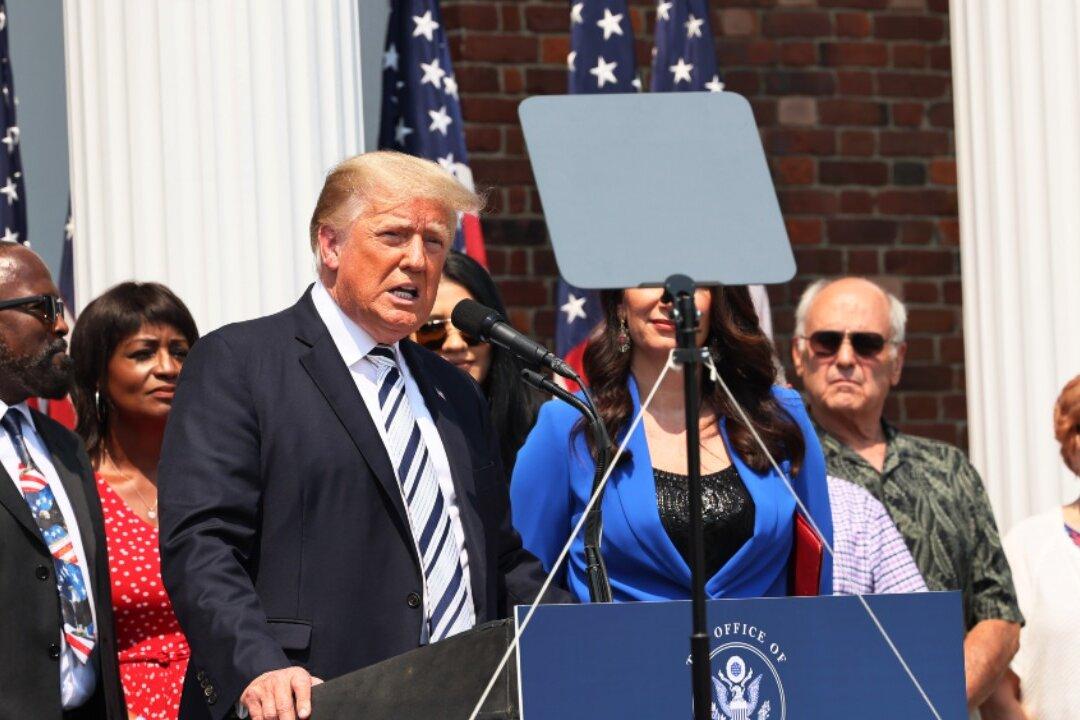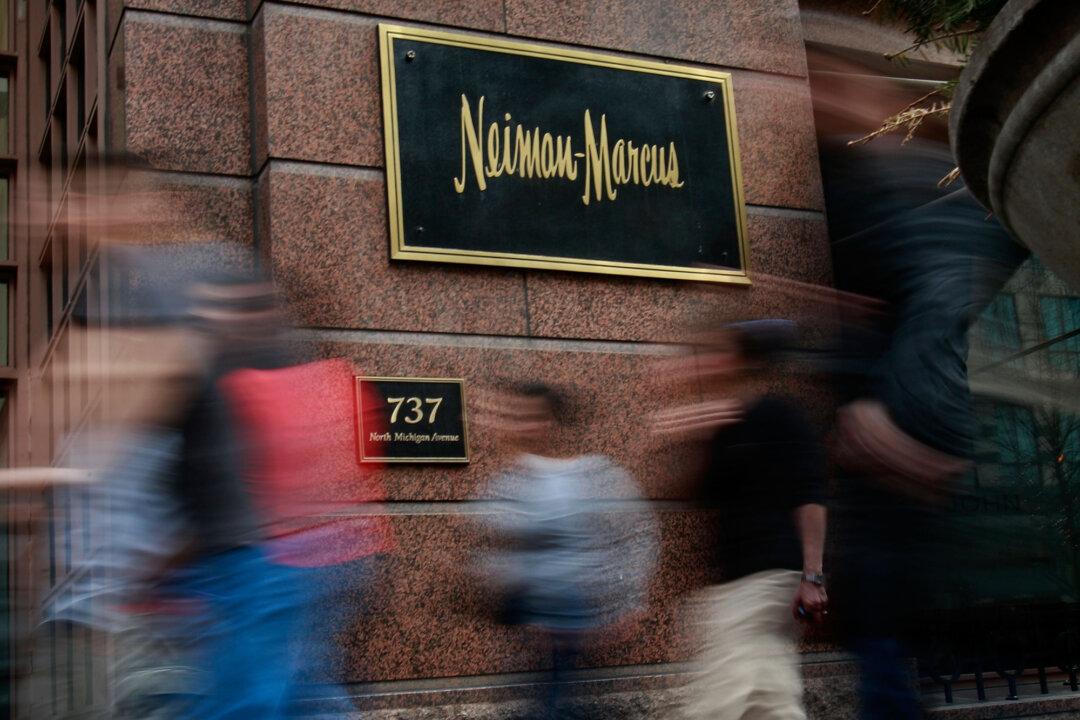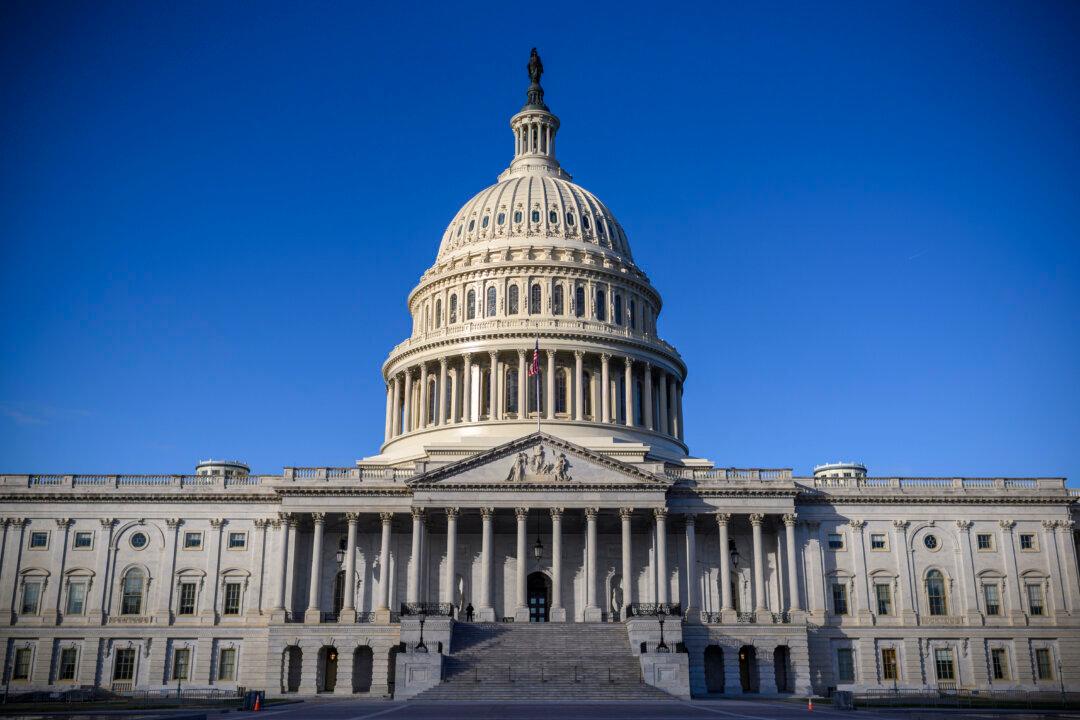WhatsApp is delaying a controversial change to its privacy policy which requires the app to share user data with Instagram and Facebook.
The move by the Facebook-owned messaging app concerned many of its users because they didn’t know that WhatsApp is owned by Facebook and feel uneasy with their data being shared with the social media giant.




